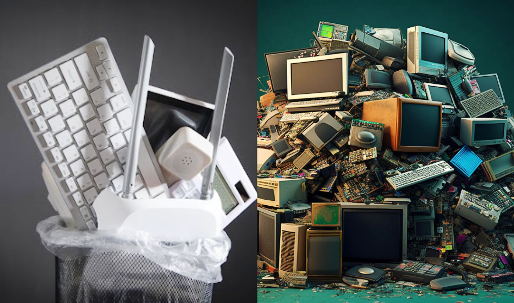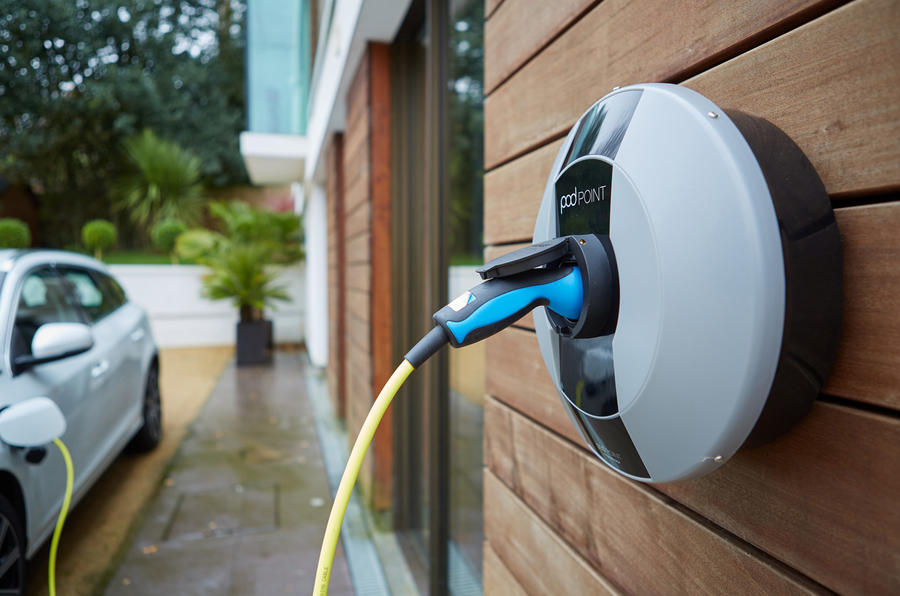By Desco Electronic Recyclers director Giulio Airaga
As we approach 2025, the call for businesses to prioritise sustainability and accountability has never been louder – or more urgent. With stakeholders demanding tangible action, IT asset disposition (ITAD) emerges as a critical area where responsible recycling and sustainable practices can drive meaningful impact.
RELATED: The financial upside of refurbishing IT Assets
This pivotal shift challenges companies to rethink how they manage end-of-life IT assets, transforming potential waste into opportunities for environmental stewardship and innovation.
Sustainability as a key priority
Sustainability is no longer optional – it’s essential. Stakeholders, investors, regulators, and consumers alike demand concrete efforts to reduce waste and embrace circular economy principles. Businesses are now expected to deliver robust sustainability reports that showcase tangible environmental progress, particularly in managing IT waste.
Providers of ITAD services play a pivotal role in this transition. By enabling companies to track environmental impact, reduce emissions, and recover valuable materials, ITAD solutions empower organisations to align with these rising expectations.
Enhanced sustainability reporting
The demand for detailed sustainability reporting will intensify in 2025. Companies must provide clear data on waste management, emissions reduction, and material recovery to meet compliance standards and build stakeholder trust. ITAD providers that integrate advanced reporting capabilities offer businesses the tools to demonstrate their commitment to sustainability effectively.
Circular economy in recycling
The circular economy is reshaping industries, especially recycling and refurbishment. Extending the lifecycle of products and minimising environmental impact are becoming central to business strategies.
Recovery of precious metals
Precious metals like gold, silver, and palladium, found in printed circuit boards (PCBs), are gaining renewed attention. Recovering and reusing these materials allows businesses to reduce reliance on virgin resources and create sustainable products, from ICT equipment to jewellery. Effective e-waste recycling ensures these materials are diverted from landfills, supporting a more sustainable future.
Sustainability marketing
Businesses are increasingly marketing their sustainability efforts to appeal to eco-conscious consumers. Highlighting initiatives like using recycled materials or recovering e-waste components not only strengthens brand image but also aligns with broader environmental goals.
Growing demand for refurbished IT Equipment in Africa
Africa’s digital divide underscores the importance of affordable IT solutions. Refurbished IT equipment is emerging as a vital resource for schools, businesses, and individuals with limited budgets. Providing cost-effective refurbished devices helps extend technology lifecycles while promoting digital access in under-resourced areas.
Stricter e-Waste regulations
Governments are tightening regulations around electronic waste to hold businesses accountable. Policies like Extended Producer Responsibility (EPR) require companies to manage the end-of-life disposal of their products. Non-compliance risks fines, reputational damage, or even market bans. Navigating these regulations requires careful planning and compliance-focused solutions.
Public pressure and brand reputation
The rise of public scrutiny, amplified by social media, leaves no room for environmental neglect. Companies that mishandle e-waste risk losing consumer trust and tarnishing their reputation. Proactively addressing these challenges is essential for maintaining credibility.
Looking ahead
2025 will be a transformative year for ITAD and e-waste management. Businesses must embrace sustainability, leverage circular economy practices, and comply with increasingly stringent regulations. These trends are not just challenges – they are opportunities to drive positive environmental change while meeting the growing demands of a conscientious marketplace.

































